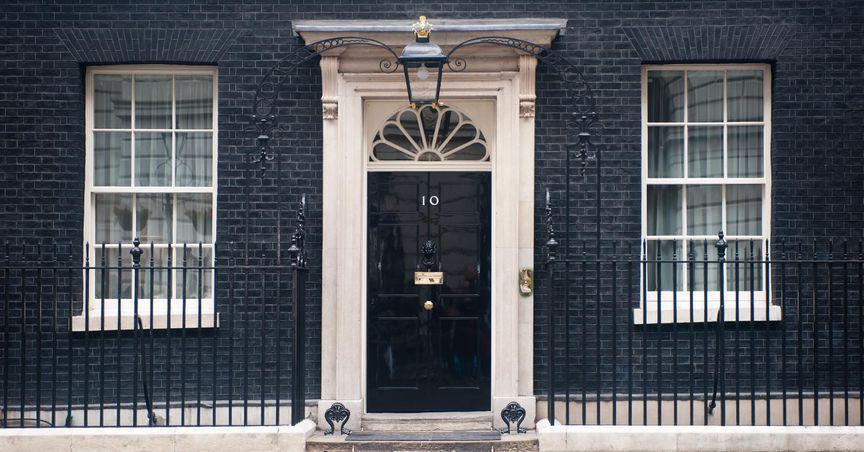Highlights
- Liz Truss has been announced as the leader of the Conservative Party on Monday.
- Truss’s campaign was majorly based on tax reductions, national insurance, and energy bills.
- In her campaign, Truss has given priority to the vulnerable people and has emphasized on providing the needed support to the defenceless households.
Liz Truss was announced as the Conservative Party leader on Monday. A substantial proportion of Truss’s campaign was developed based on tax reduction, which included cutting down VAT to 15%, reducing national insurance contributions, and eliminating green levies on the soaring energy bills.
The intent behind these proposals was to support the household budgets by reducing the amount of their income going towards tax payments. However, these proposals may not target the most vulnerable section of society.
©2022 Kalkine Media®
The households belonging to the economically well-off section tend to spend more as they have higher incomes, in turn making them pay the highest VAT. Additionally, they earn the most, and thus they make the maximum gains from lesser national insurance. But the households in the lowest income bracket tend to pay smaller taxes and therefore gain the least.
Even if the Truss Government goes for a personal allowance hike, the rich would still be the gainers as the poorer ones who already earn less than the threshold won’t get any support. The issue with the support being targeted with less effectiveness is that there’s a possibility that it may lead to even higher inflation levels. In her campaign, Truss has prioritised vulnerable people and emphasised providing the needed support to the defenceless households.
The households belonging to the economically well-off section tend to spend more as they have higher incomes, in turn making them pay the highest VAT. Additionally, they earn the most, and thus they make the maximum gains from lesser national insurance. But the households in the lowest income bracket tend to pay smaller taxes and therefore gain the least.
Even if the Truss Government goes for a personal allowance hike, the rich would still be the gainers as the poorer ones who already earn less than the threshold won’t get any support. The issue with the support being targeted with less effectiveness is that there’s a possibility that it may lead to even higher inflation levels. In her campaign, Truss has prioritised vulnerable people and emphasised providing the needed support to the defenceless households.
While the poor households struggle to make ends meet, the investors who have surplus money in savings can channelise it towards investment in the stock market. UK investors can keep an eye on the following inflation-proof stocks offering decent returns to strengthen their portfolio amid these rough times.
Shell plc (LON: SHEL)
The market cap of the FTSE 100 energy giant, Shell plc, stood at £170,422.17 million as of 6 September. SHEL shares were trading at GBX 2,335.00 and were down by 0.55% at around 8:00 AM (GMT+1) as the market opened on Tuesday. With a low P/E ratio of 5.63, the company currently offers its investors an annual dividend yield of 3.7%. Shell’s EPS stood at 2.59, giving positive returns of 62.14% and 42.33%, respectively, on a one-year and YTD basis.
BAE Systems plc (LON: BA.)
The market cap of the FTSE 100 aerospace and defence firm, BAE Systems plc, stands at £24,608.64m as of 6 September. BA. shares were trading at GBX 785.60, plunging by 0.23%, at around 8:00 AM (GMT+1) as the market opened on Tuesday. With a P/E ratio of 17.73, the company presently offers its investors an annual dividend yield of 3.3%. BAE System’s EPS stands at 0.55, giving its investors positive returns of 39.06% and 42.71% on a one-year and YTD basis, respectively.
Standard Chartered plc (LON: STAN)
The market cap of the FTSE 100 banking organisation, Standard Chartered plc, stands at £24,608.64 as of 6 September. STAN shares were trading at GBX 605.00, rallying by 0.83%, at around 8:00 AM (GMT+1) as the market opened on Tuesday. With a P/E ratio of 10.35, the company presently offers its investors an annual dividend yield of 1.9%. Standard Chartered’s EPS stands at 0.61, giving its investors positive returns of 33.18% and 35.19% on a one-year and YTD basis, respectively.




